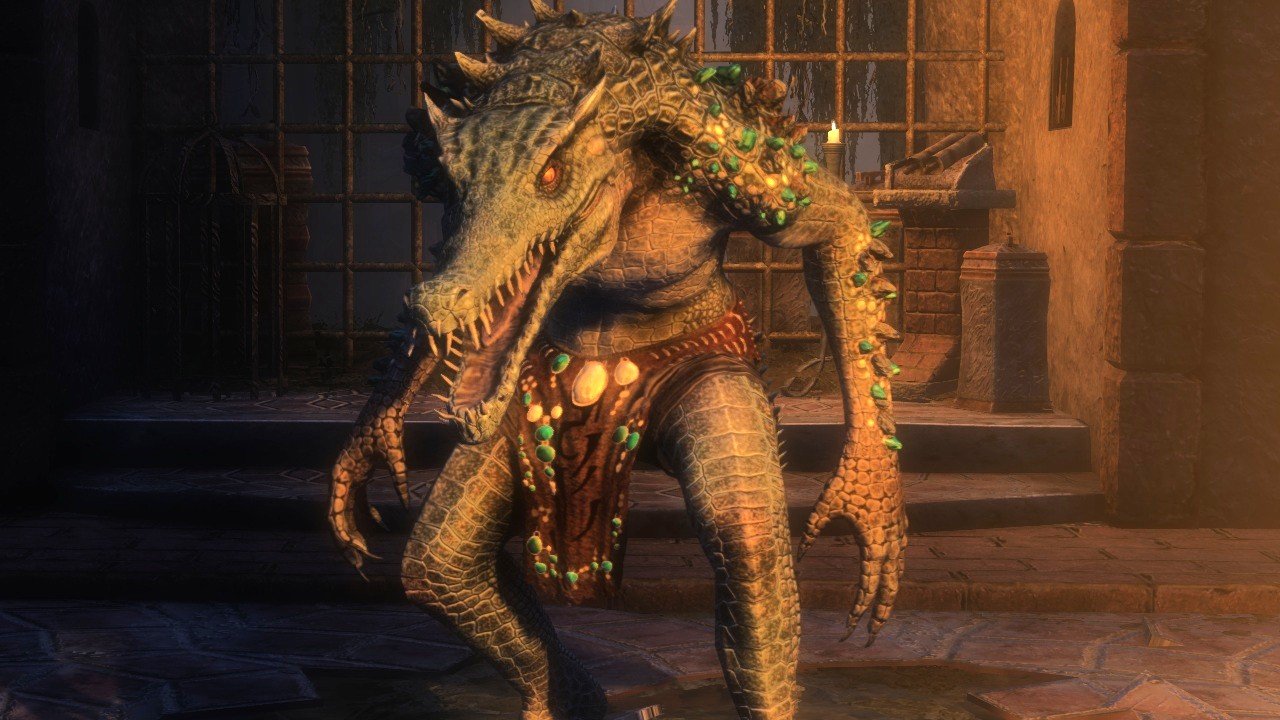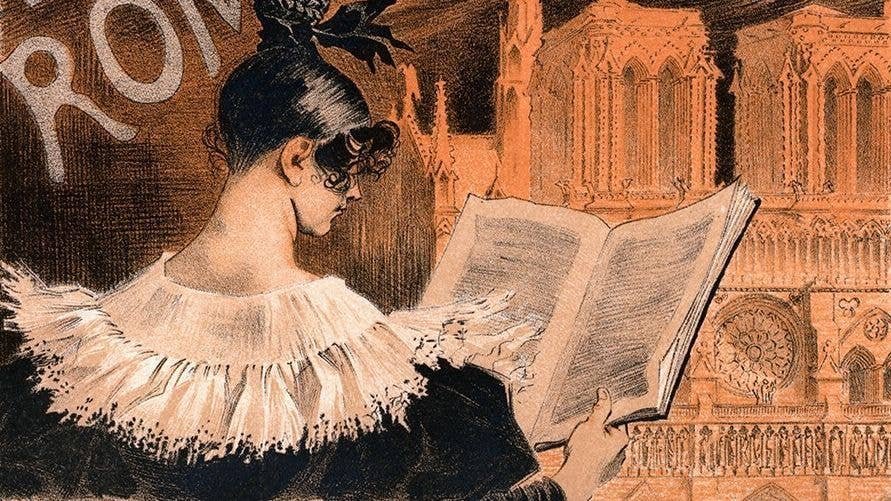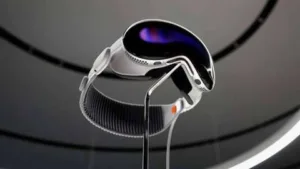Pain Hustlers Review
Estimated reading time: 6 minutes
Pain Hustlers opens in select theaters October 20 and streams on Netflix beginning October 27. This review is based on a screening of the film at that 2023 Toronto International Film Festival.
Directed by David Yates – in only his second non-Harry Potter film since 2007 – Pain Hustlers dramatizes a real pharmaceutical crisis in ways that don’t always add up. Even the story of what it’s called, and why, is caked in confusing layers of obfuscation: The source material, Evan Hughes’ 2022 nonfiction book The Hard Sell, is now being marketed under the movie’s title, itself derived from the headline of Hughes’ initial New York Times Magazine investigation into a bribery scheme run by opioid manufacturer Insys Therapeutics. This roundabout approach trickles down to Pain Hustlers’ story of capitalistic greed.
Rising pharmaceutical sales rep Liza Drake (Emily Blunt) is introduced through other characters’ documentary testimonies as an enigmatic, hard-hearted climber who her partner in corporate crime, Pete Brenner (a commendably uncouth Chris Evans) wants to strangle. It’s a fun, charming intro that piques curiosity, but the film that follows never lives up to this initial tease. Drake, a high school dropout and exotic dancer (who we never actually see dance), chances upon Brenner at her place of work and enchants him with a witty tête-à-tête, which results in him offering her a job at just the right time for the both of them. With a broken marriage in her rearview, and a rowdy but ailing daughter at home – Phoebe, played by Chloe Coleman – Drake is forced to live out of her sister’s garage until she hustles her way into a sales job with the help of a spiced up résumé courtesy of Brenner. It just so happens that her never-say-die attitude and emotional persuasions are what his floundering pharmaceutical company, Zanna, needs in order to turn things around.
If it all seems a bit convenient, that’s because it is. The fact that neither Drake, Brenner nor Zanna actually exist is a lesser problem than the reason for their concoction. Pain Hustlers is steeped in rote, “Save the Cat” Hollywood-isms that are more concerned with Drake being a likable and redeemable character than with any actual commentary about the kinds of ugly people and systems that led to the real opioid crisis in the United States, or about the underbelly of success. Pain Hustlers’ attempts to ape the construction of Goodfellas and The Wolf of Wall Street, films about the allure of money and power, but it seldom rises to Martin Scorsese-esque levels of cinematic intoxication, offering little sense of why Drake might be enamored with the seedy world of pharmaceutical sales in the first place, or – as the film gestures toward, but never effectively portrays – how she might be seduced by luxury. She’s also positioned as an altruistic force, whose sheer desire to alleviate people’s pain plays like her primary motive in almost every scene.
This clash is something Pain Hustlers neither reconciles nor treats like an ongoing dilemma. Rather, these two sides represent diametrically opposed personality traits that Drake embodies in alternating scenes. She comes off as less of a character, and more a vehicle for ideas the movie never fully articulates. Its music, by James Newton and Howard Michael Dean Parsons – reminiscent of hip hop’s mid-to-late 2000s flirtation with rock and metal influences – is pulsating and propulsive, but the images on screen doesn’t match its energy and momentum, and the story builds towards a sense of hedonism that never arrives. The performances, especially those of Blunt and Coleman, carry an intimate warmth that’s never really contrasted with the pharma-corporate world (which is more lukewarm than initially inviting or eventually cold and unforgiving, as the story suggests). The Drakes’ mother-daughter thread plays out parallel to the main plot, without ever really intersecting with it.
That tale of medical corruption is led by Dr. Jack Neel (Andy Garcia). He’s the captain of Zanna’s sinking ship, and though Garcia gives an icy, intimidating performance, the character’s makeup is marred by a similar sense of conflict as Drake’s – conflicted writing, rather than conflict of character. His noble motives don’t so much clash with his avarice (or even disguise it) so much as they simply exist alongside it, as an unrelated trait Pain Hustlers discards when it’s most convenient. No character has shades of gray, but they all hopscotch between black and white in order to suit a rigid, pre-ordained structure, within which Blunt’s character operates like a moral compass with only two fixed directions and no movement between them.
There’s always a sense that Drake is an amalgam, but rather than feeling like a combination of several real people (including Sunrise Lee, an exotic dancer hired by Insys as a sales manager), she plays like a blend of several different stock characters who represent various aspects of the American dream. She is presented as absolutely corrupt in her actions, and yet morally incorruptible by the camera, which lingers on Blunt as she displays immediate doubt and remorse over the things her character does. Yet at no point does Drake simply consider not doing them, a possibility that isn’t so much a plot hole as it is a glaring flaw in the movie’s dramatic configuration. Yates captures fleeting moments of dilemma that turn out to contain no real thought or trepidation – no sense of stakes or possibilities. The drama is exceedingly empty.
The drama is exceedingly empty.
In the process, a story that ought to be steeped in dilemma almost never is. Blunt’s fine-tuned dramatic work as a mother in a desperate situation feels wasted, because of how often it’s forced to exist side by side with her role as a woman drawn in by human foibles like material temptation. These are both interesting kinds of characters, and it’s a shame they never meet or occupy the same space, despite both being Liza Drake.









